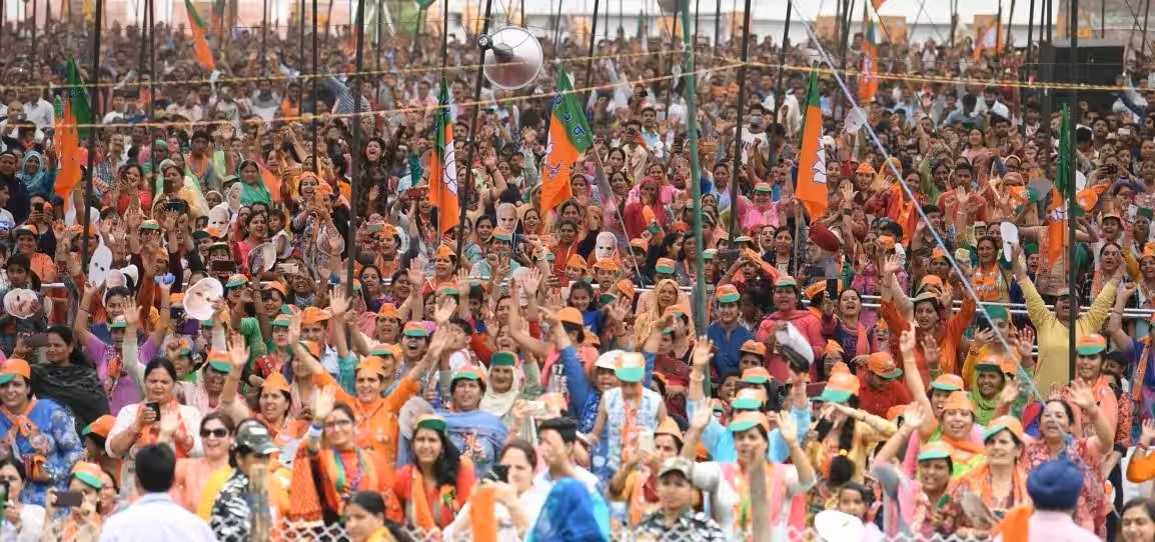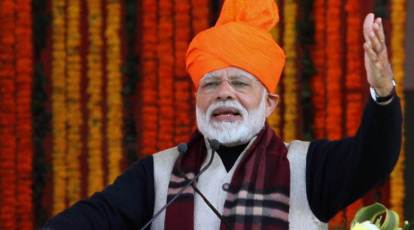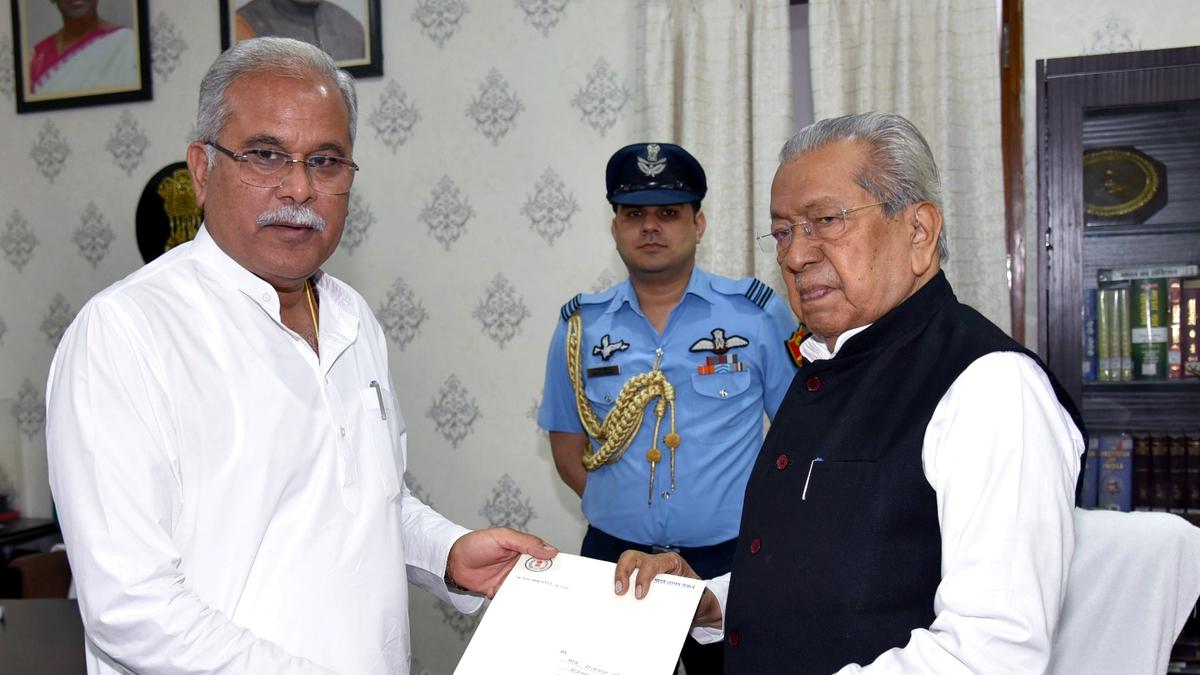The Jammu and Kashmir Assembly elections, the first since the abrogation of Article 370, were held in three phases over the past few weeks. Voting concluded on October 1, 2024, with the final phase covering 40 constituencies. The counting of votes is scheduled for October 8, 2024.
The Election Commission of India had announced the election schedule on August 16, 2024. Polling for 24 constituencies occurred on September 18, followed by the second phase for 26 constituencies on September 25, and the final phase for 40 constituencies on October 1. The voter turnout was recorded at 61.38% in the first phase, 57.31% in the second, and a tentative 68.72% in the third, resulting in an overall turnout of approximately 63.45%.

In Kashmir, Kupwara recorded a 65.81% turnout, Baramulla 59.84%, Bandipora 67.57%, Ganderbal 62.83%, Srinagar 30.08%, Budgam 63.28%, Pulwama 46.99%, Shopian 57.01%, Kulgam 63.14%, and Anantnag 57.90%. In the Jammu region, Kishtwar recorded 80.20%, Doda 71.32%, Ramban 70.57%, Reasi 74.68%, Udhampur 75.87%, Kathua 72.23%, Samba 75.22%, Jammu 70.25%, Rajouri 71.13%, and Poonch 74.37%.
Exit poll results for the 90 assembly seats in Jammu and Kashmir are expected soon. The early predictions will be released alongside those for the Haryana elections, where voters cast their ballots for over 1,000 candidates.
Lok Sabha Election Context:
In the recent Lok Sabha elections held just five months ago, Jammu and Kashmir voted for five seats, with the BJP winning two, JKNC securing two, and one seat going to other parties.
Voter Turnout Comparison:
The voter turnout in the 2024 Jammu and Kashmir Assembly elections reached 63.8%, surpassing the 58.6% recorded in the Union Territory during the 2024 Lok Sabha elections. However, it fell short of the 65.4% turnout seen in the 2014 Assembly elections, which did not include the four assembly seats from Ladakh, now a separate Union Territory.
Political Reactions:
Hurriyat leader Mirwaiz Umar Farooq stated that holding assembly elections would not resolve the Kashmir issue, emphasizing the need for peaceful dialogue. He also mentioned that while the elections may offer some hope to residents, the limitations of Jammu and Kashmir’s Union Territory status, established in 2019, undermine the real power of its elected government.
Criticism of Incoming Government:
PDP leader Iltija Mufti voiced criticism of the incoming government, calling it a “toothless tiger” and suggesting the chief minister would be a “rubber stamp” with limited authority. Her comments reflect the ongoing debate over the powers vested in the elected government versus the lieutenant governor and central administration in Jammu and Kashmir.
As the exit poll results approach, political tensions are rising, with many closely watching how the electorate has responded to the changes in governance since 2019.




